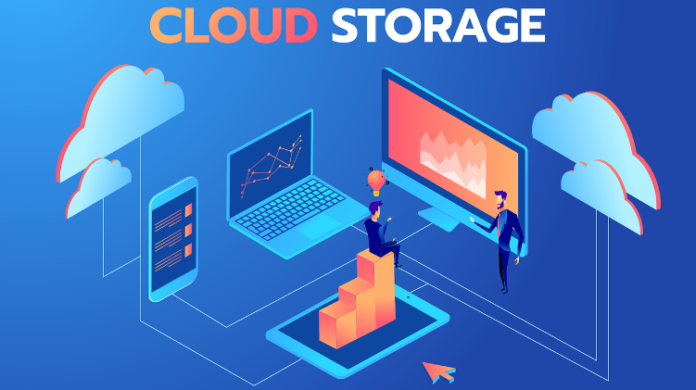
Introduction
For any business, data storage is paramount. The company’s profit, reputation, and overall ability to conduct business operations hinge on our data. We often discuss data integrity, management, and security, but where should the data itself be placed? Here, we provide an insight into the pros and cons of using cloud storage and a dedicated server for your data.
What is a Cloud Server?
A cloud server is a virtual server that is remote and utilizes the computing power and space of physical servers, typically located in data centers. You rent a “portion” of a physical server rather than owning it.
What is a Cloud Server suitable for?
- Scalable Web Hosting
- Development and Testing
- Application Deployment
- Microservices Architecture
- Data Analysis and Big Data
- Disaster Recovery and Backup
- Content Delivery
- Virtual Desktop Infrastructure (VDI)
- Internet of Things (IoT) Services
- Multi-Tier Applications
- High-Performance Computing (HPC)
- Containerization
- Hybrid and Multi-Cloud Deployments
- Test Environments
Pros of Cloud Storage
- Maintenance and Updates: The cloud provider handles all the maintenance and updates, reducing your worries.
- Scalable Storage Space: Easily scale up or down the amount of space and computing power in the cloud.
- Remote Data Storage: Data is stored remotely and never resides on your computer, saving local space.
- Accessibility: Access your data anywhere with an internet connection.
- Optimal Performance: Generally better performance.
Cons of Cloud Storage
- Internet Dependency: Cannot access data without the internet.
- Data Migration Challenges: Moving data out of the cloud can be cumbersome.
What is a Dedicated Server?
A dedicated physical server is a piece of hardware that belongs to you and can be located in your office or in a data center.
What is a Dedicated Server Best For?
Dedicated servers like BlueServers are suitable for a wide range of demanding and resource-intensive tasks. Here are some common use cases for which a dedicated server is suitable:
- High-Traffic Websites
- E-Commerce Platforms
- Gaming Servers
- Big Data and Analytics
- Media Streaming
- Enterprise Applications
- Virtualization
- Private Cloud Infrastructure
- Machine Learning and AI
- Database Hosting
- Scientific Computing
- VoIP and Unified Communications
- Hosting Multiple Websites
- Reseller Hosting
- Security-Intensive Applications
Pros of Dedicated Servers
- Customization: Ideal for companies that need to handle large traffic or run complex programs.
- Full Control: You own the server and can install any software and manage it independently.
Cons of Dedicated Servers
- Full Responsibility: System administrators must manage all aspects of web security, including the OS and all installed extensions.
- Cost: Purchasing a server requires significant funds, which a company might not have at the moment.


















